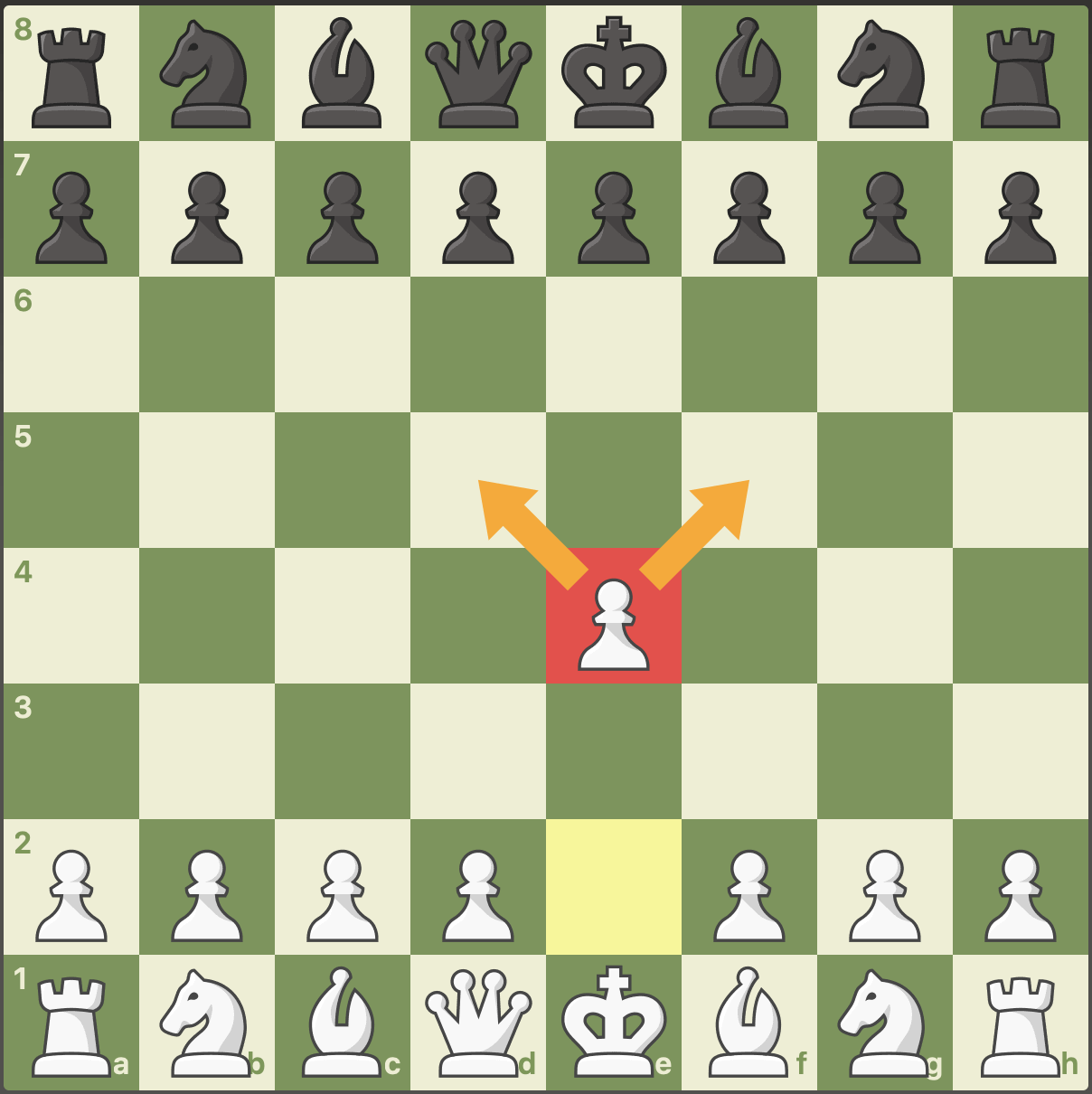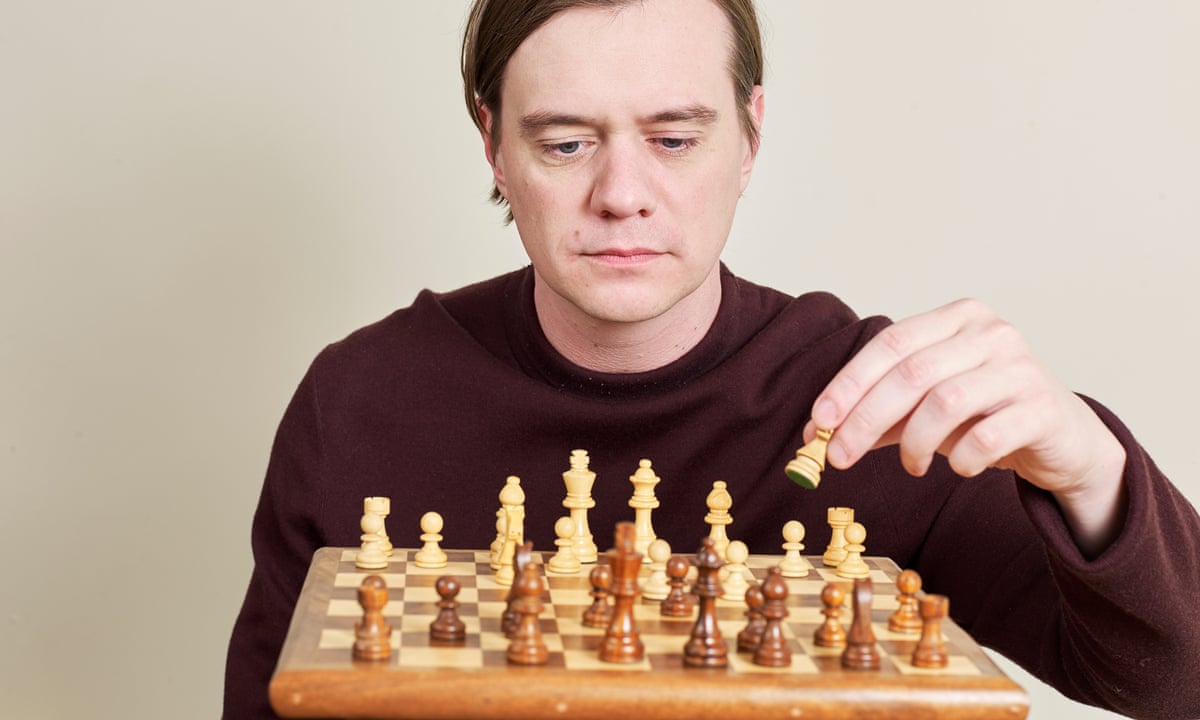Reasons Why Chess Remains Relevant in Contemporary Culture
Wiki Article
Why You Have To Play Chess: The Advantages of Taking Part In This Ageless Intellectual Difficulty
Chess is greater than a basic video game; it serves as an extensive psychological workout that sharpens numerous cognitive skills. Gamers participate in critical reasoning and establish analytical capacities, which can have lasting advantages in everyday life. The discipline needed for renovation fosters perseverance and durability. Yet, the true significance of chess exists not just in its intellectual demands but in the connections it fosters within a community. Exploring these dimensions reveals much about why chess continues to be timeless.Enhancing Cognitive Abilities
Playing chess significantly improves cognitive skills, making it a valuable activity for people of any ages. The video game needs strategic reasoning and foresight, calling for gamers to expect their opponent's relocations while creating a winning strategy. This mental exercise develops focus and concentration, crucial components of cognitive function.
Chess encourages creativity, motivating players to check out cutting-edge strategies and unconventional methods to the video game. As they browse the chessboard, individuals establish perseverance and strength, crucial features for cognitive growth. Generally, the complex cognitive benefits of chess make it an enhancing quest, promoting long-lasting mental dexterity and intellectual interaction.
Improving Problem-Solving Talents
Many researches have shown that engaging in chess can substantially increase problem-solving capacities. The game requires players to analyze complex placements and prepare for the challenger's relocations, fostering critical thinking abilities. As they navigate different situations, chess gamers create the capacity to review multiple end results and make calculated decisions under stress. This process enhances their ability to technique real-life issues with a structured state of mind.Additionally, chess promotes the identification of patterns and the application of rational thinking, skills that are essential in reliable problem-solving. Gamers discover to evaluate threats and incentives, improving their judgment in unsure situations. The repetitive nature of chess play reinforces these abilities, allowing individuals to transfer their enhanced analytic capabilities to scholastic and specialist contexts. Eventually, chess works as an important device for anyone seeking to hone their analytical abilities and boost their overall cognitive performance in challenging circumstances.
Growing Patience and Technique
While taking part in chess can be an interesting experience, it likewise requires a considerable degree of perseverance and self-control. Gamers must learn to very carefully think about each action, evaluating potential end results and methods. This thoughtful technique cultivates a mindset that values long-lasting success over immediate gratification. In chess, hasty decisions typically bring about unfavorable effects, enhancing the value of taking one's time to evaluate the board and anticipate an opponent's actions.
Discipline is more cultivated through consistent practice and research study. Gamers commonly devote hours to boosting their abilities, researching strategies, and reviewing past video games. This commitment to grasping the video game infuses a feeling of responsibility and willpower, important qualities that prolong beyond the chessboard. Ultimately, the combination of perseverance and technique not just improves a player's chess capacities but additionally adds to individual growth, furnishing people with important devices for navigating challenges in numerous facets of life.
Cultivating Creative Thinking and Creative Imagination

Strategizing actions involves not just reasoning but also the capability to anticipate an opponent's actions, encouraging players to imagine several pathways and options. As gamers try out different techniques, they find out to introduce and adjust, enhancing their innovative problem-solving abilities.
The game's complexity invites players to explore unique concepts and approaches, leading to personal styles of play - Chess. This expedition supports a feeling of imaginative expression, as each gamer crafts their own strategy to challenges on the board. Inevitably, chess ends up being a canvas for creativity, enabling individuals to share their special point of views while establishing their imaginative abilities
Structure Social Connections and Community
Playing chess supplies chances for people to network via events and regional chess clubs. These settings promote connections amongst gamers, creating a sense of neighborhood centered around a shared passion. Taking part in these tasks not only enhances abilities however likewise constructs enduring partnerships.Networking Through Tournaments
When participants take part in chess events, they frequently locate themselves engaged go now in a dynamic neighborhood of similar people. These occasions offer an excellent platform for gamers to create links, share techniques, and celebrate their interest for the video game. Involving in pleasant competitors fosters sociability, as gamers from diverse backgrounds collaborated to challenge each other. Networking possibilities are plentiful, with lots of participants forming lasting friendships that prolong beyond the chessboard. Additionally, these events commonly attract enrollers and chess fanatics, better improving the possibility for professional connections. As players participate in discussions about strategies and experiences, they construct a network that can cause future collaborations and chances within the chess world and beyond.Local Chess Clubs

Offering a Fun and Engaging Difficulty
Chess supplies a distinctly promoting experience that astounds players of every ages, as it integrates strategic thinking with the adventure of competitors. This ageless video game offers an engaging difficulty, urging people to think critically and artistically. Each match unfolds as a battle of wits, where players should expect their challenger's moves while designing their own techniques.The intellectual involvement chess gives is matched by its capacity to entertain. Gamers often find themselves submersed in the game, losing track of time as they navigate complex positions and tactical predicaments (Chess). This increased emphasis fosters a sense of success, especially when a tough step causes success
Additionally, chess promotes social interaction, permitting players to bond over common experiences and obstacles. The video game's countless variations ensure that no two sessions are alike, maintaining individuals enthusiastic to fine-tune their abilities and methods. This vibrant blend of obstacle and pleasure makes chess an alluring pursuit.
Regularly Asked Inquiries
Can Chess Be Played Online or Only face to face?
Chess can be played both online and in person. On the internet systems offer players the comfort of completing against challengers worldwide, while in-person video games promote social communication and physical visibility, enhancing the total experience.What Age Is Ideal to Start Knowing Chess?
Professionals suggest that kids can begin discovering chess as very early as age 5 or six. At this age, they can comprehend standard read the full info here concepts, enhancing cognitive skills while fostering a love for the game that lasts a life time.Are There Chess Tournaments for Beginners?
Yes, there are chess competitions specifically designed for novices. These occasions supply an encouraging atmosphere for newbie players to obtain experience, improve their skills, and appreciate the competitive spirit of chess without encountering innovative opponents.For how long Does It Take to End Up Being Efficient at Chess?
Becoming proficient at chess generally calls for constant technique over a number of months to years. Aspects such as individual devotion, prior experience, and research of methods greatly influence the time needed to reach a qualified degree.What Resources Are Offered for Discovering Chess Strategies?
Countless sources exist for learning chess techniques, consisting of on the internet tutorials, publications by distinguished authors, chess applications, and interactive web sites. Numerous players also gain from joining neighborhood clubs or joining on-line forums for real-time insights.Report this wiki page